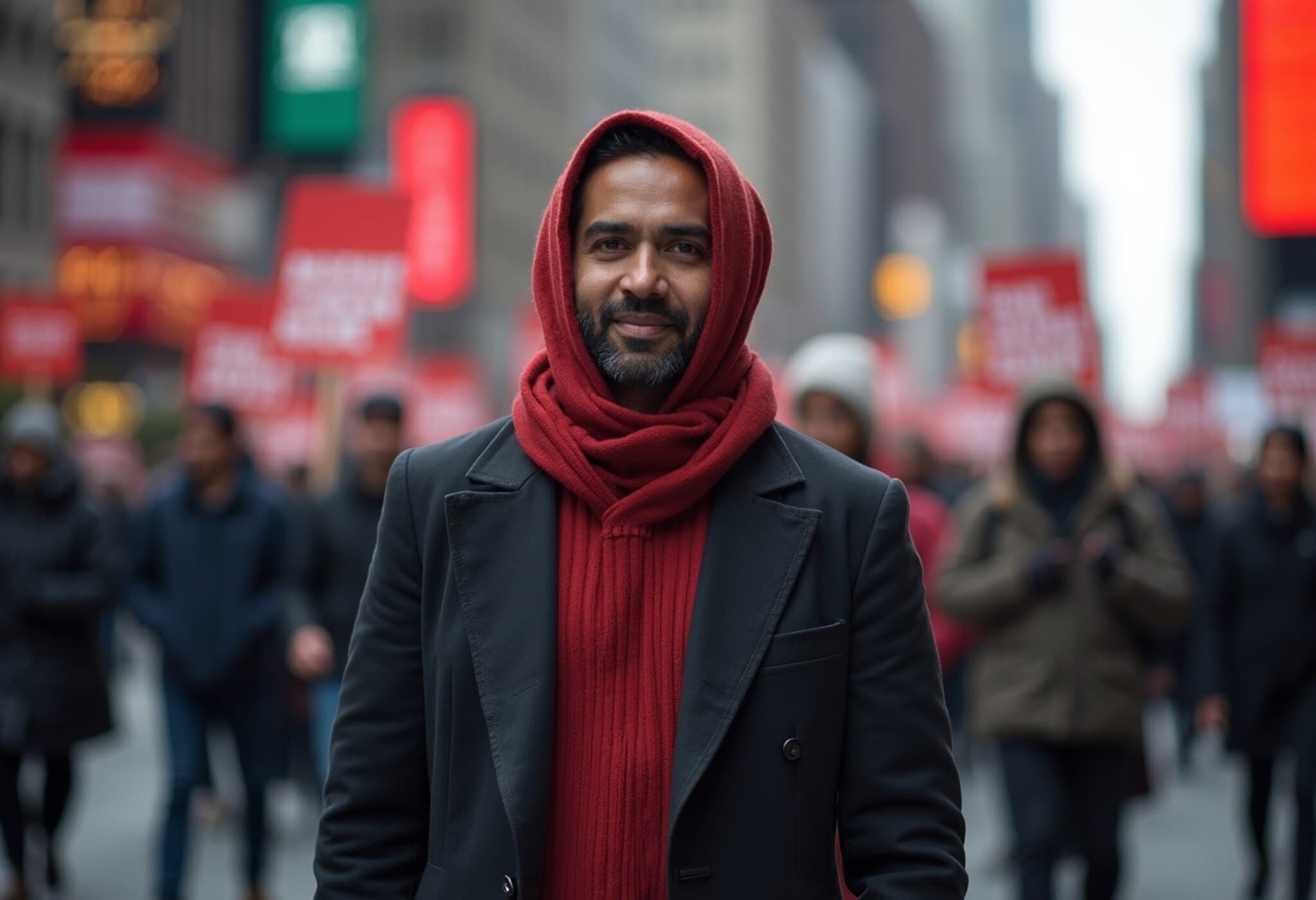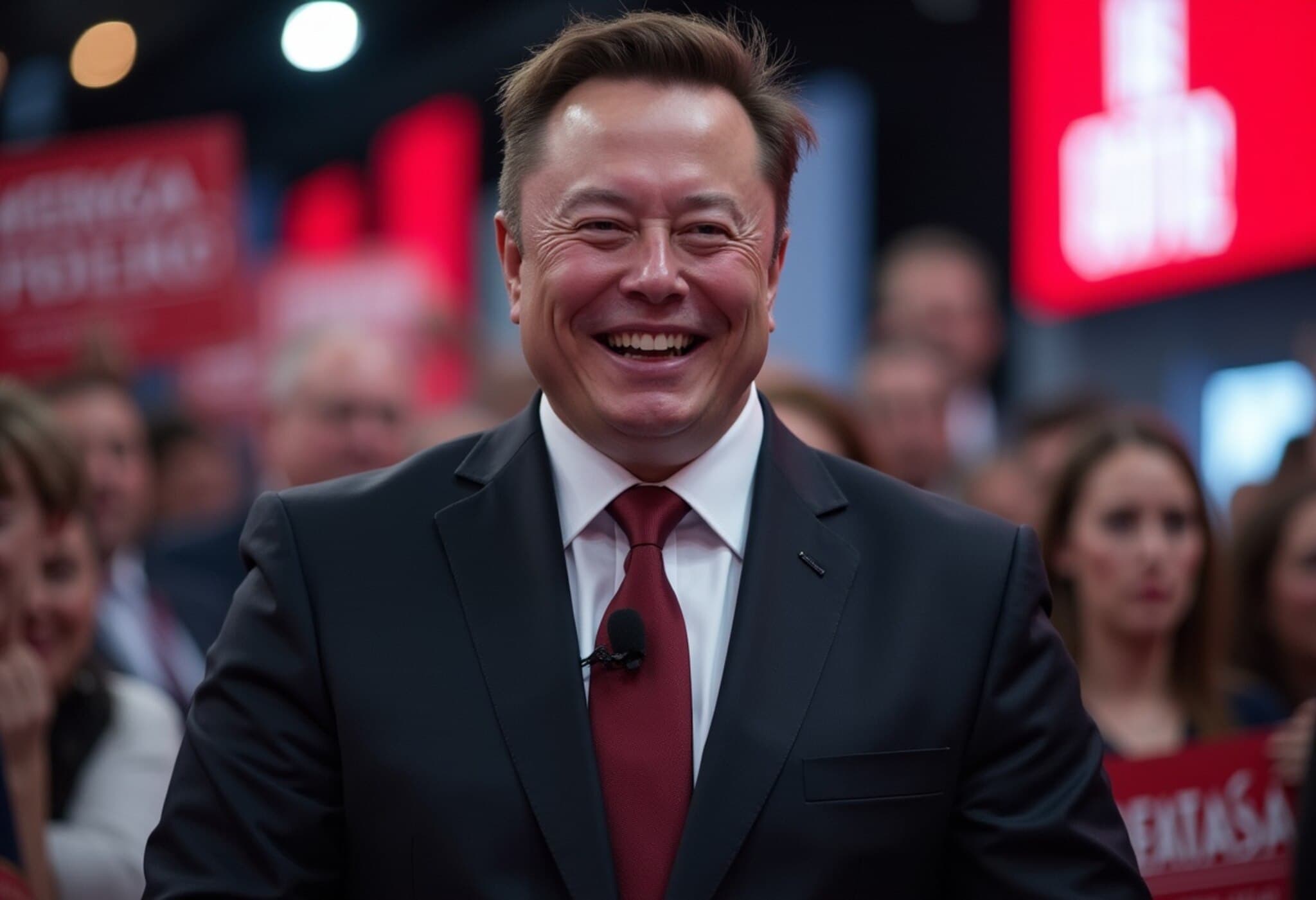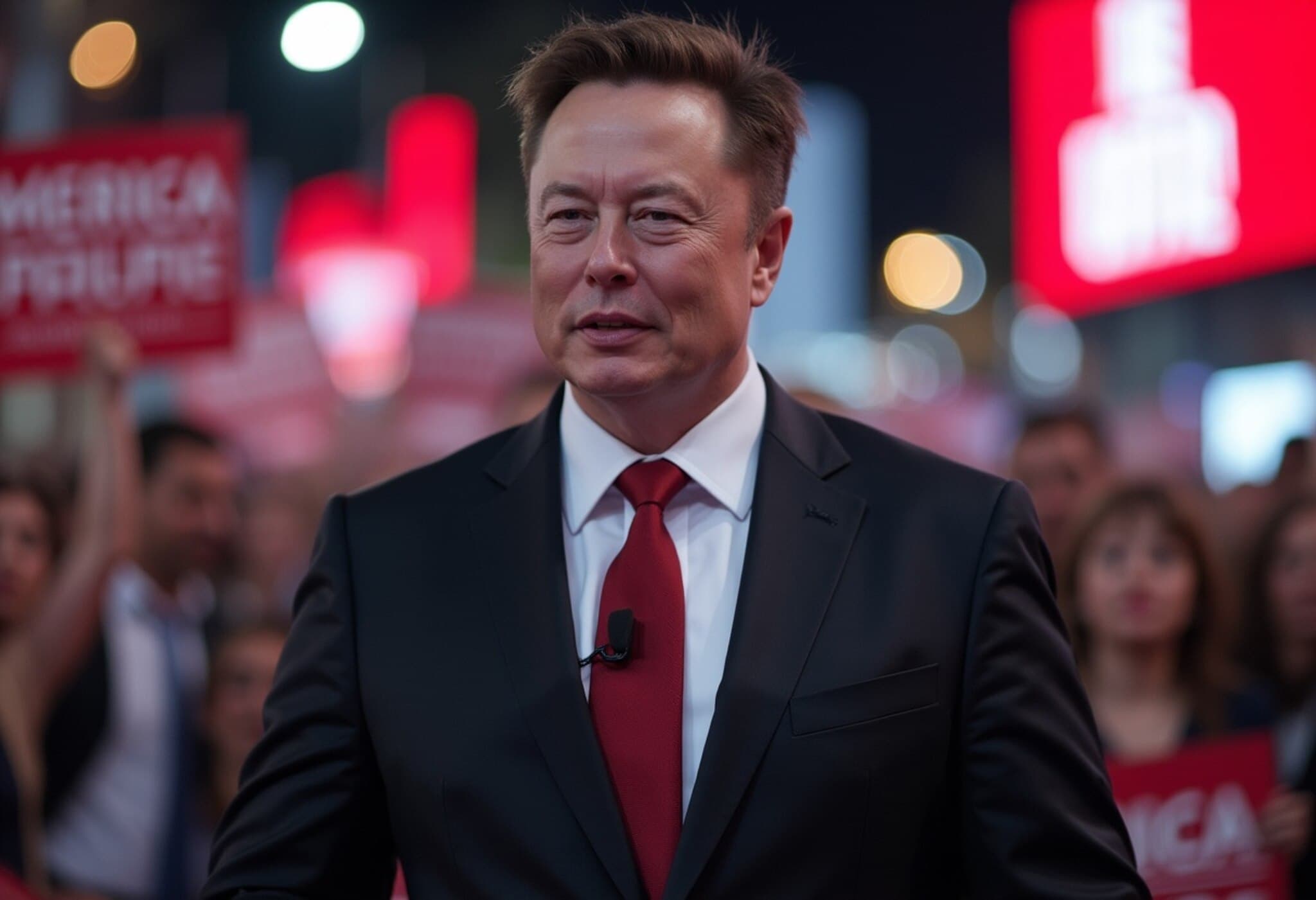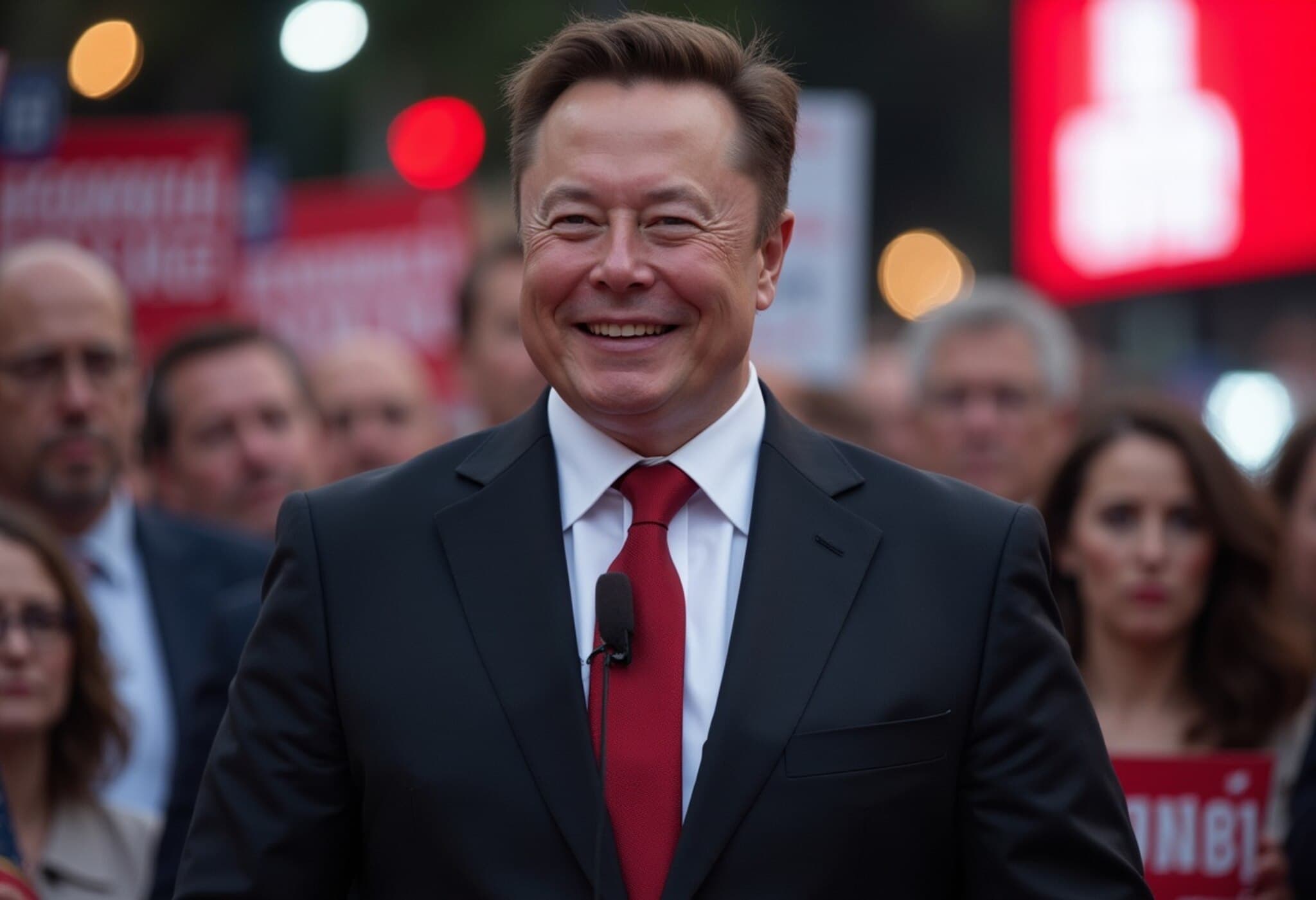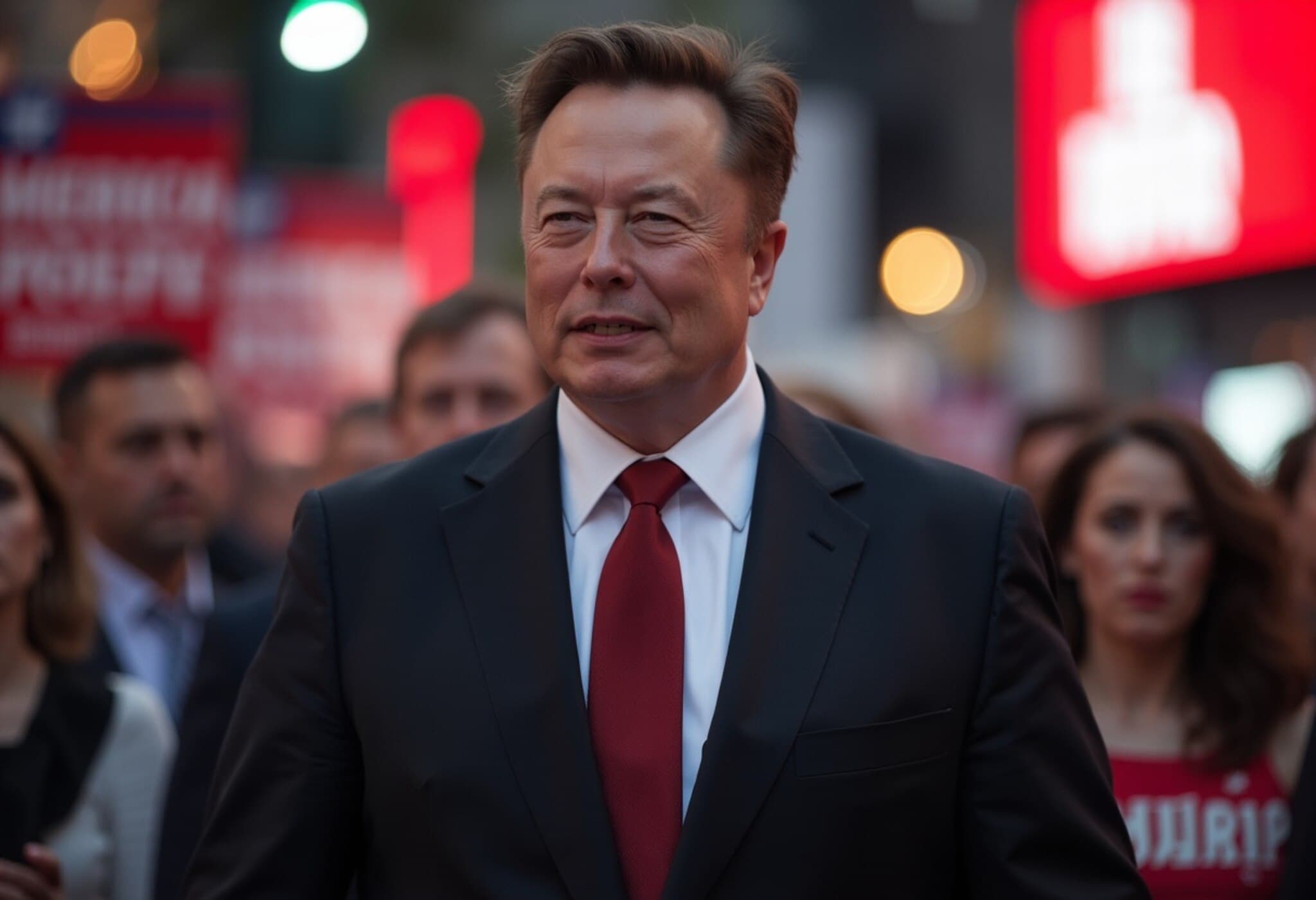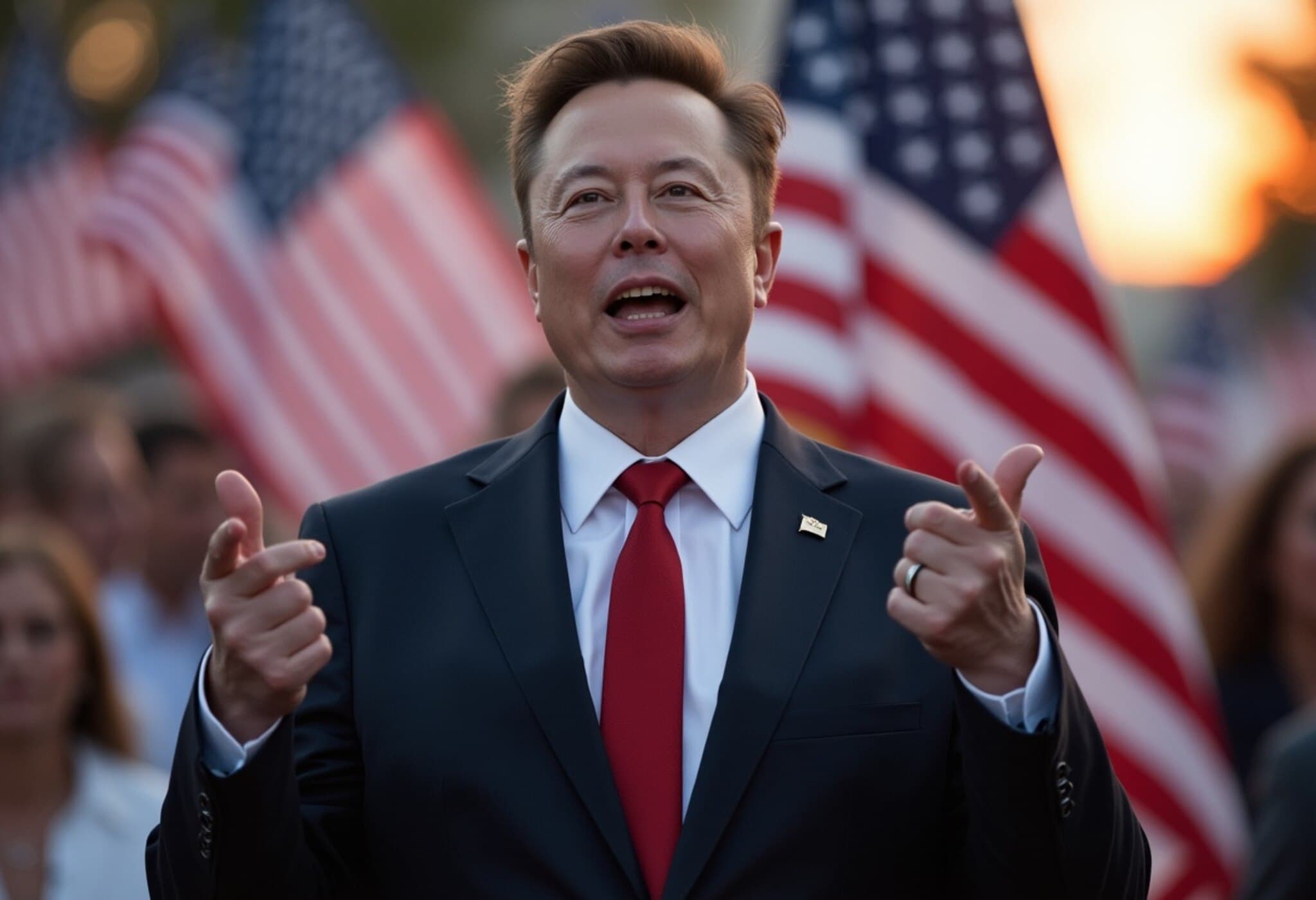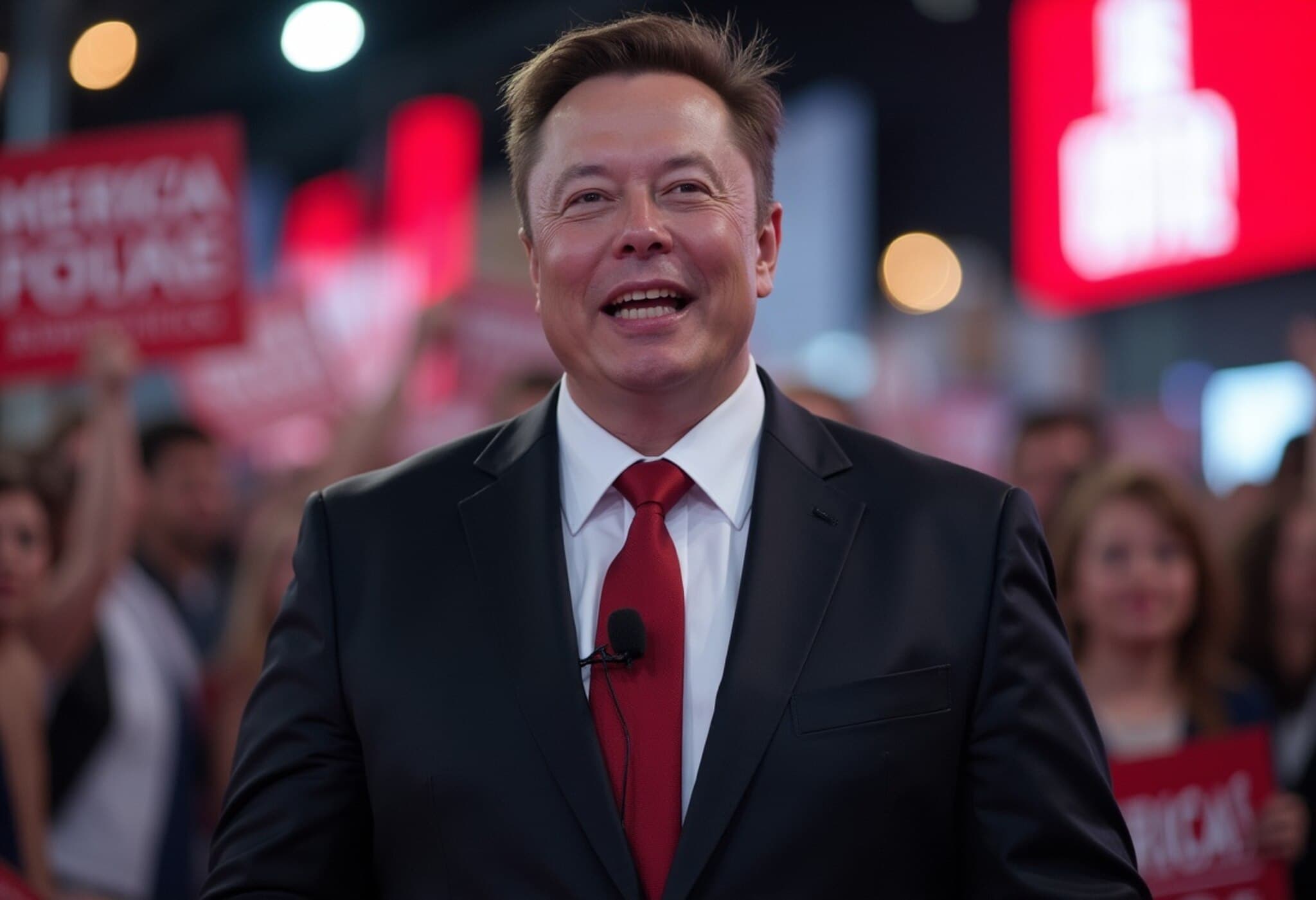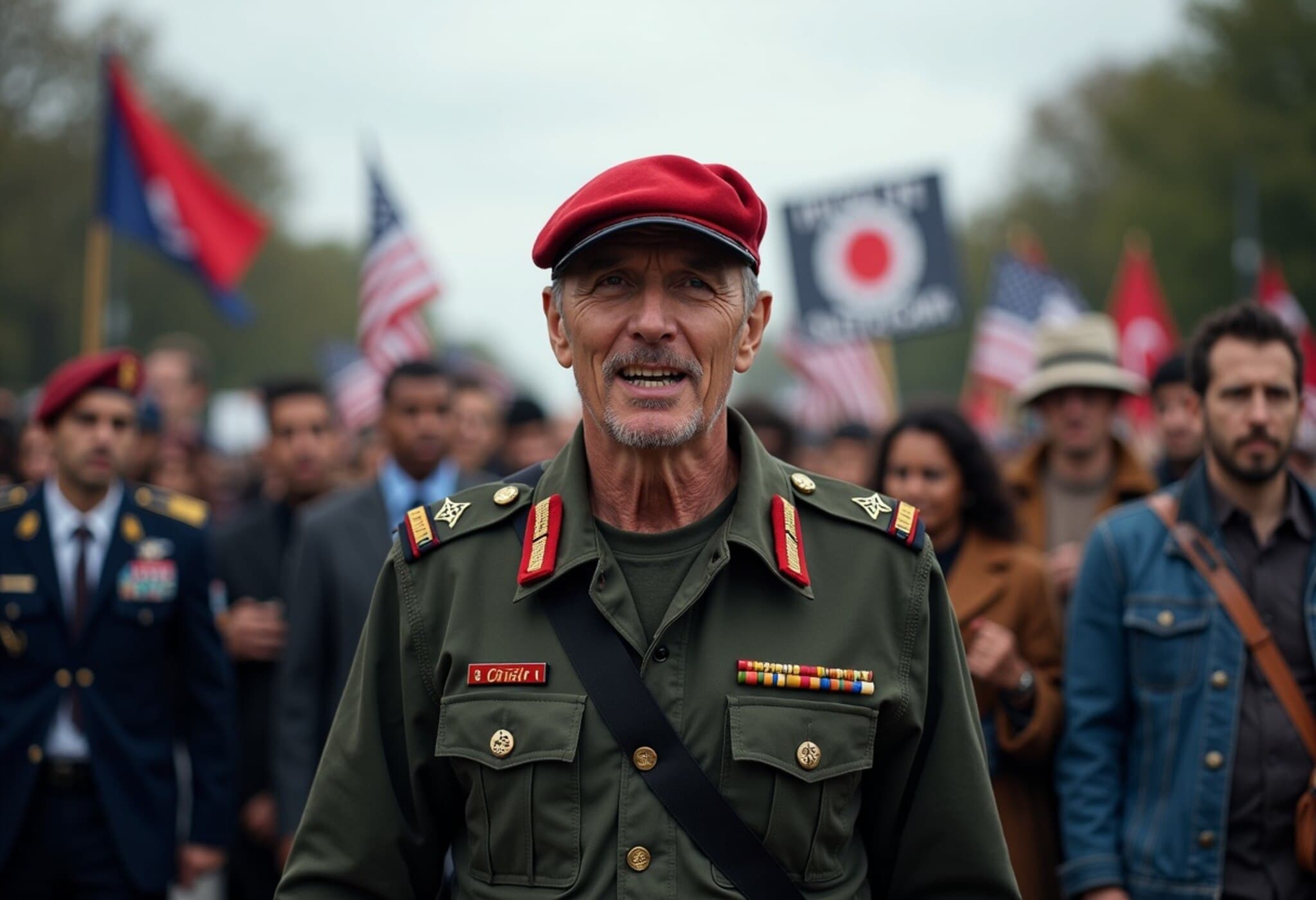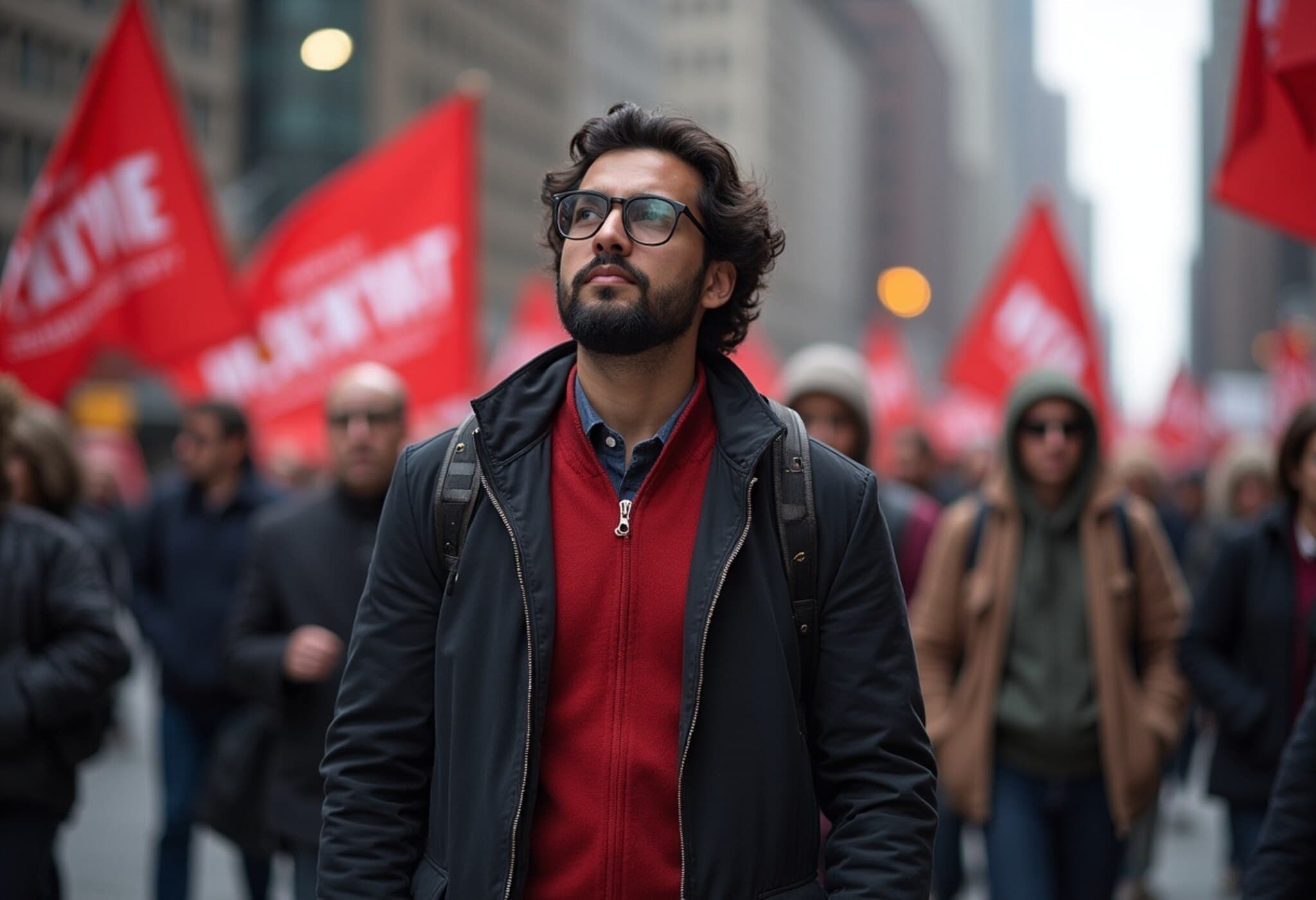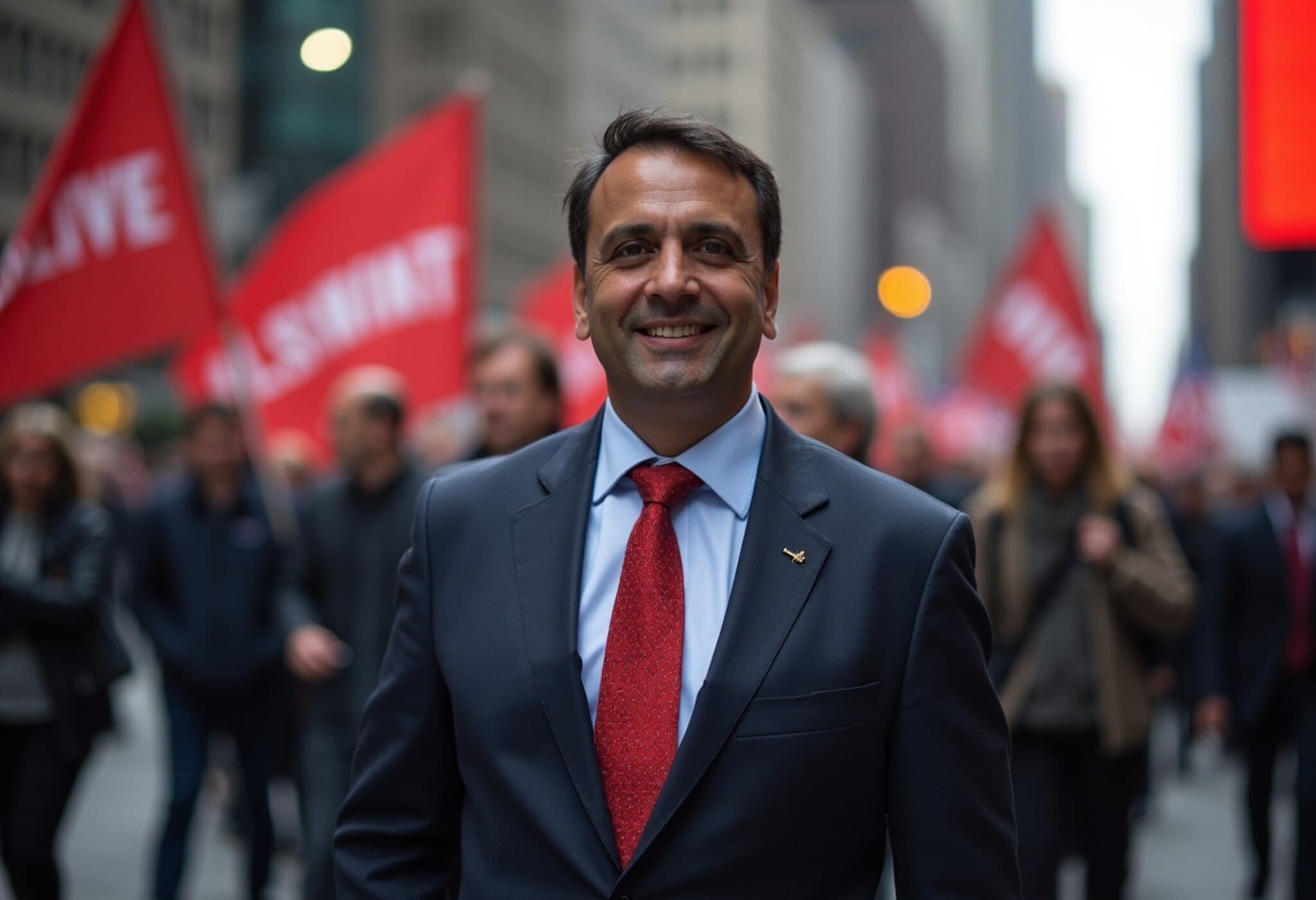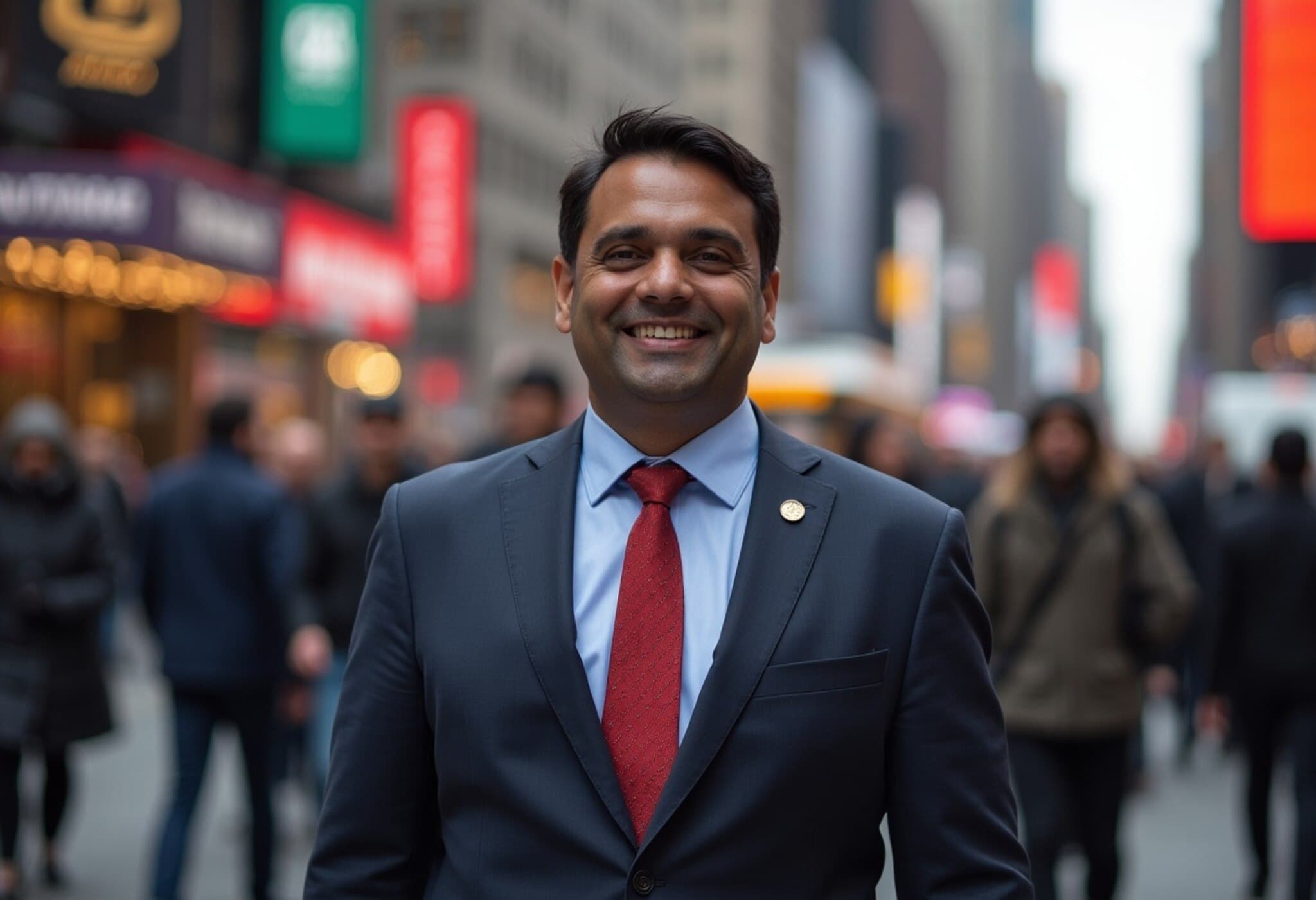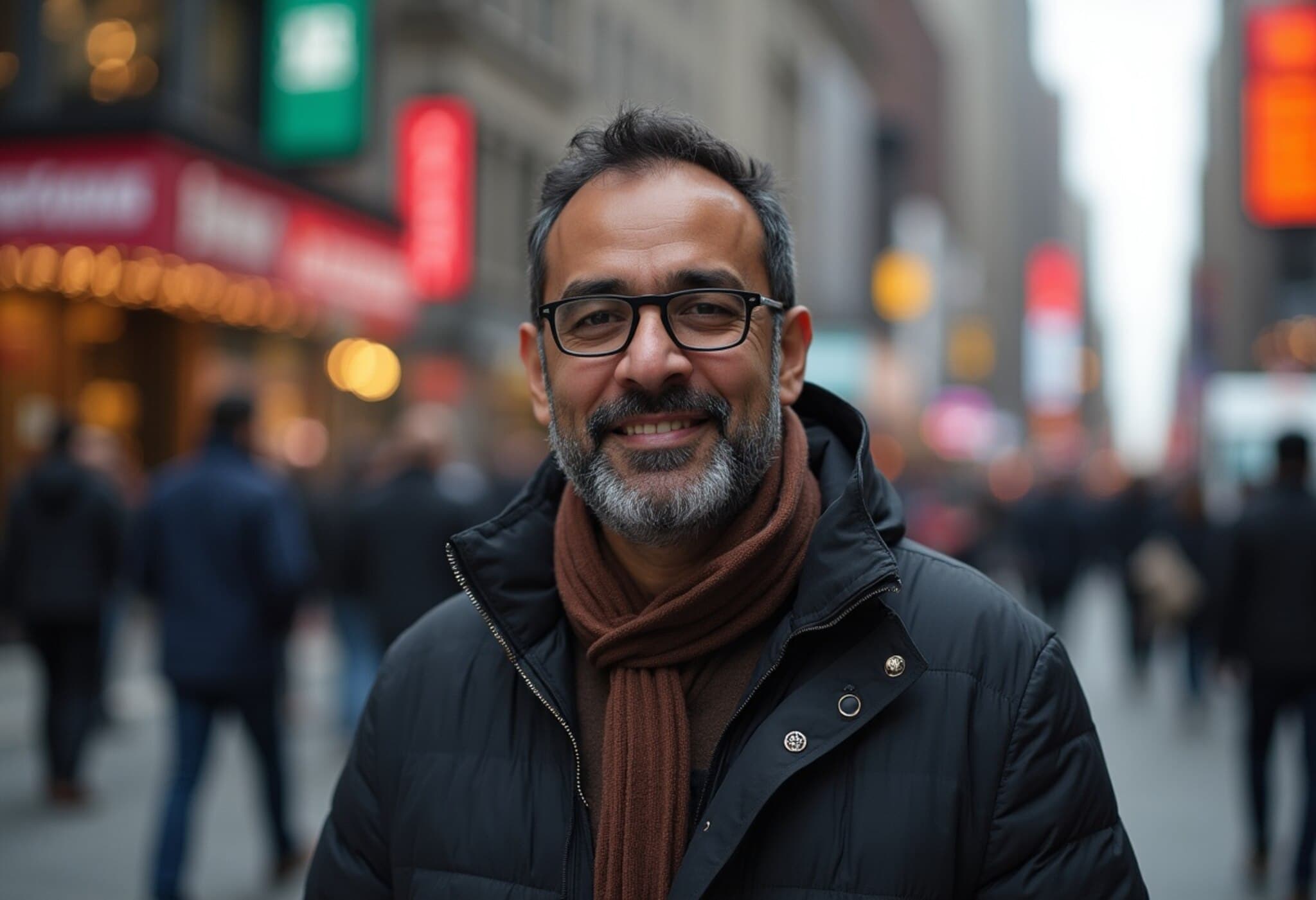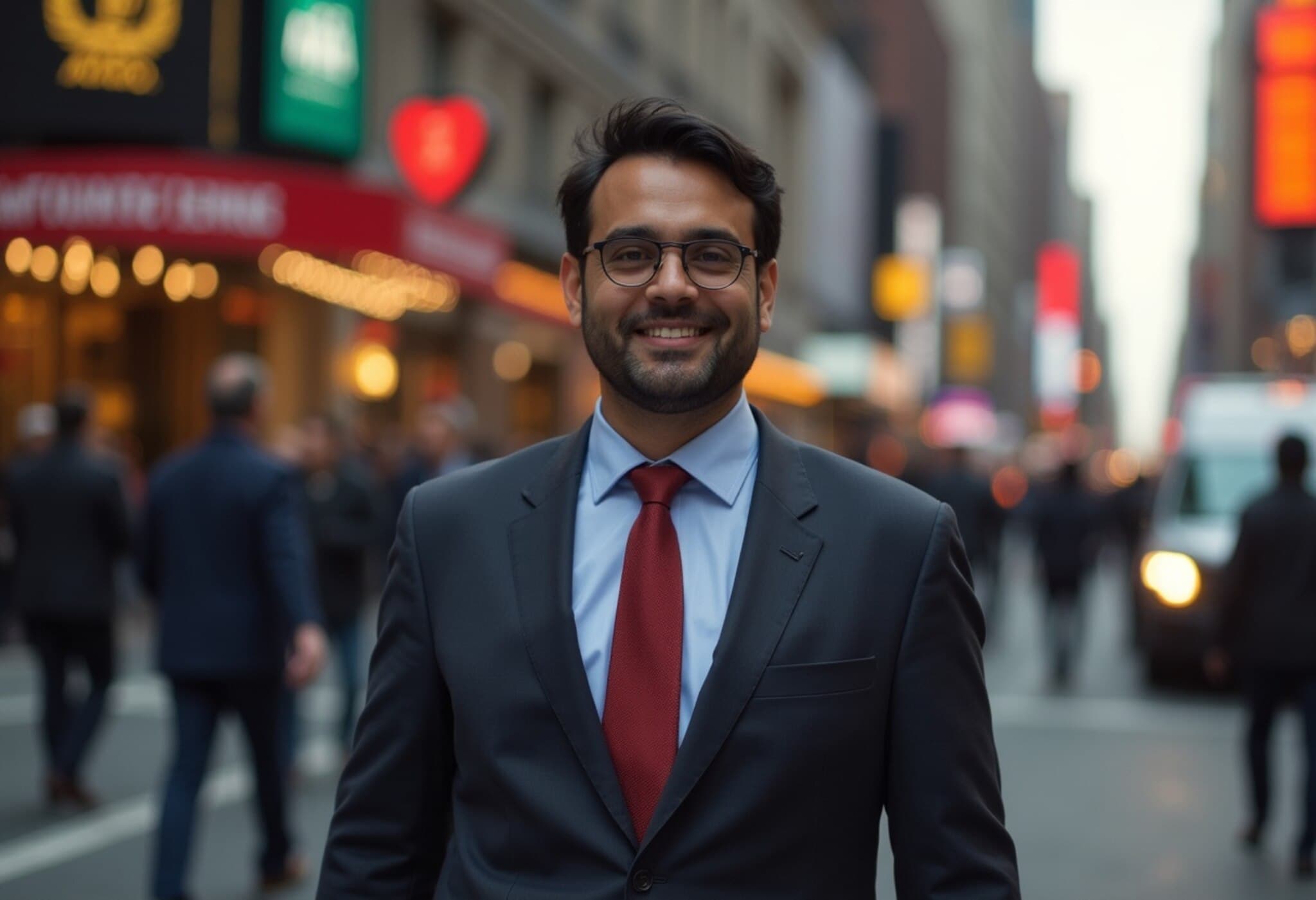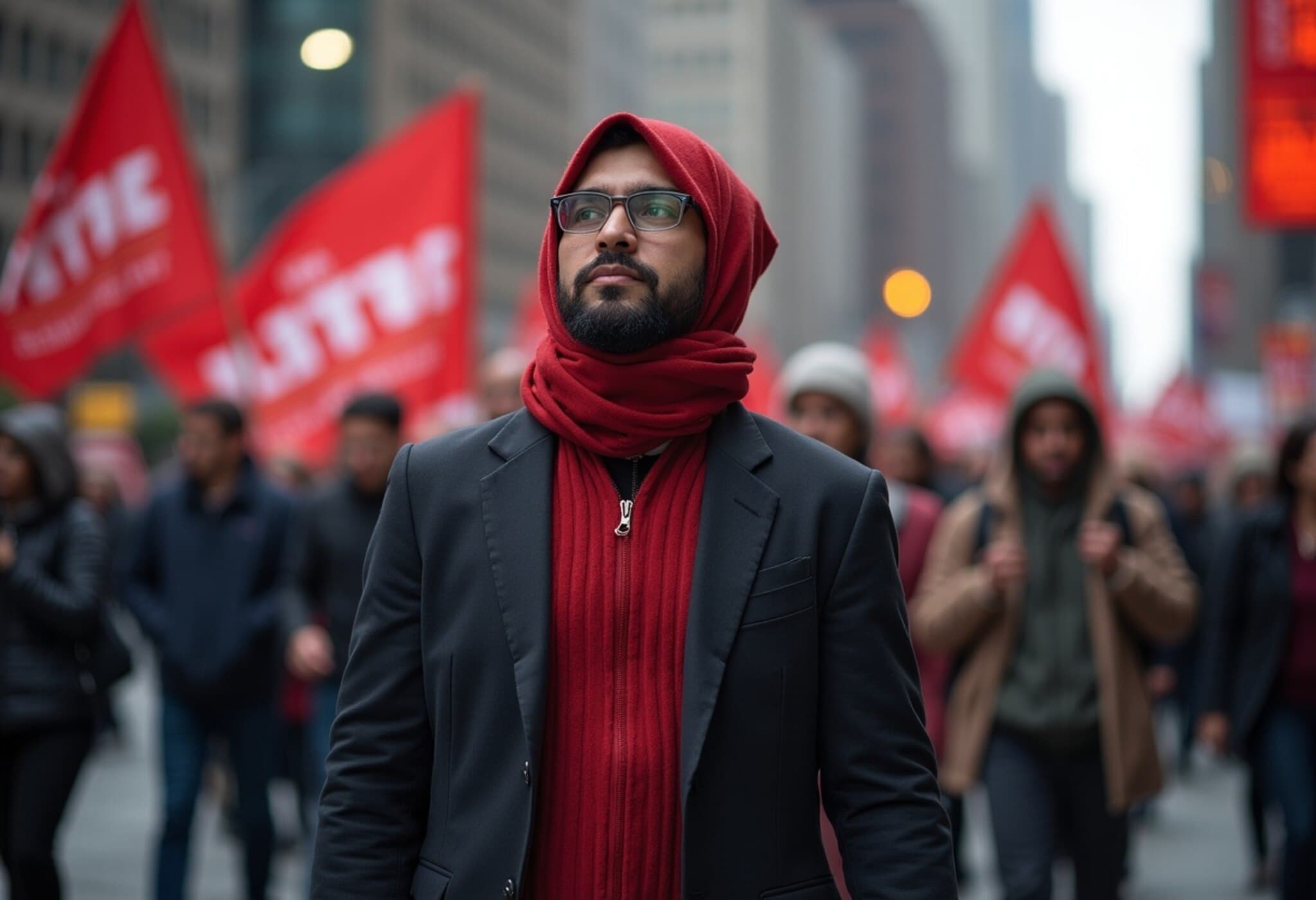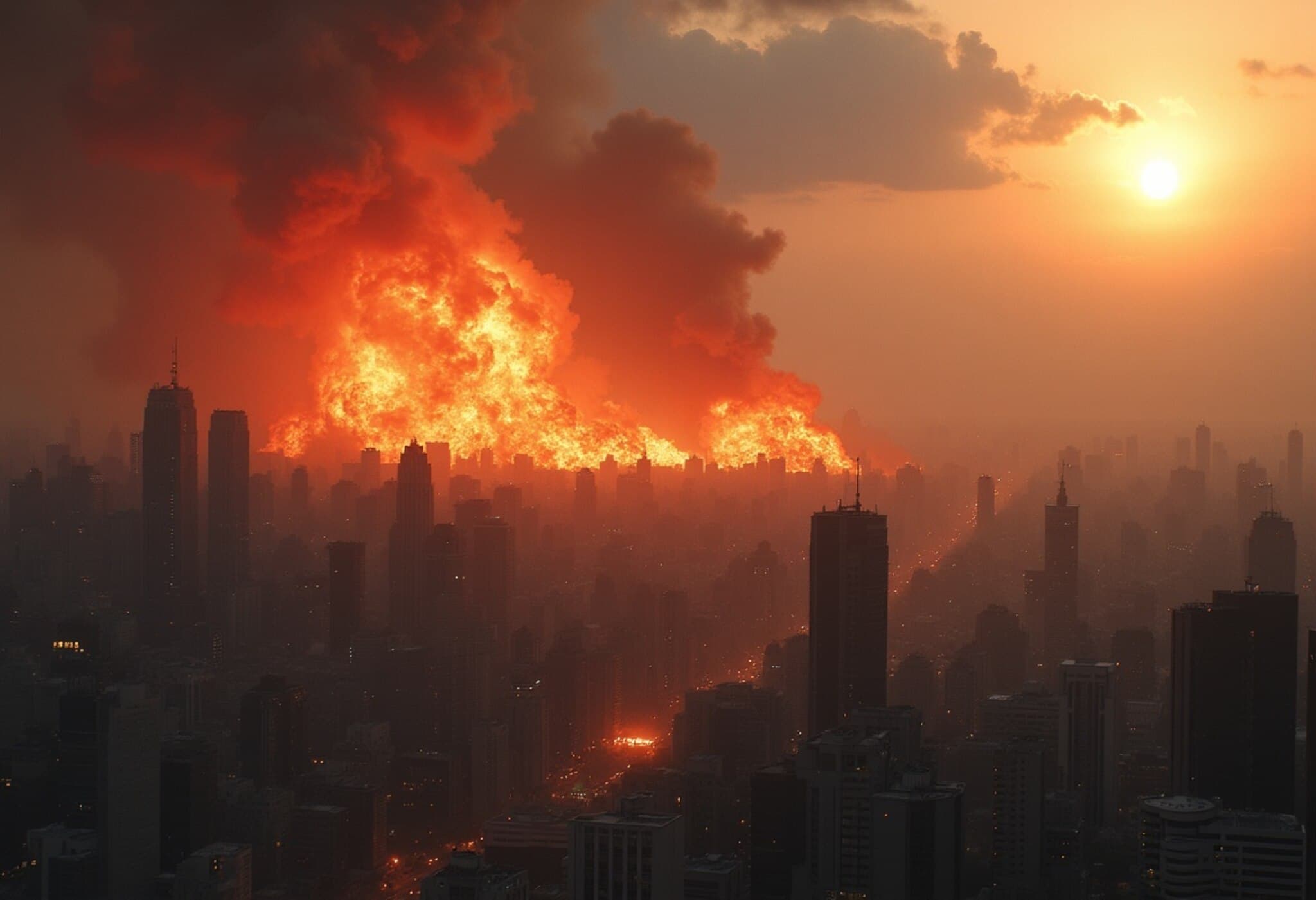Zohran Mamdani Poised for Historic Victory in NYC Mayoral Race
Zohran Mamdani is on track to become the next mayor of New York City, marking a significant moment in urban political history. The 33-year-old Indian-American and self-described Democratic Socialist defeated former New York Governor Andrew Cuomo in a landmark primary election.
A Progressive Candidate Shaking Up the Establishment
Born in Kampala, Uganda, Mamdani is the son of filmmaker Mira Nair and intellectual Mahmood Mamdani. His heritage and progressive values captivated a diverse coalition of voters across the city. With over 91% of votes counted, Mamdani leads with 43.5% (428,995 votes), ahead of Cuomo’s 36.4% (358,740 votes). The final winner will be confirmed after the completion of ranked-choice voting rounds by July 1.
A Campaign Rooted in Populist and Immigrant Themes
Mamdani’s campaign cleverly connected with immigrant communities using Bollywood-inspired messaging, referencing iconic films like Deewar and Roti Kapda Aur Makaan. His platform includes ambitious ideas such as:
- Free public buses
- Universal childcare
- Rent freezes
- Taxing the wealthy
- City-owned affordable grocery stores
These populist policies have garnered endorsements from influential progressive figures like Bernie Sanders and Alexandria Ocasio-Cortez, signaling a dramatic shift within the Democratic Party.
Breaking Barriers: NYC's First Muslim and Indian-American Mayor
If confirmed, Mamdani will be New York City's first Muslim and Indian-American mayor, and only the second Muslim of Indian heritage to lead a major Western city after London’s Sadiq Khan. His rise symbolizes not only generational change but also an ideological recalibration of urban politics in America.
The Response from the Political Landscape
Mamdani’s victory was seen as a blow to the Democratic establishment, especially given Cuomo’s support from prominent party figures. Bernie Sanders praised Mamdani’s grassroots campaign as a triumph over entrenched political and media interests.
At the same time, some conservative and right-wing groups, including segments of the Hindu-American community, expressed unease due to Mamdani’s critiques of India's BJP government and Prime Minister Narendra Modi. Inflammatory rhetoric from opponents also emerged, attempting to link Mamdani to controversial causes, though his supporters dismissed such claims as politicized smears.
Looking Ahead: What This Means for NYC and Beyond
Mamdani’s win foreshadows a potential leftward shift in urban America, even as conservative forces hold sway in other parts of the country. His campaign stands as a roadmap for progressives seeking to expand their influence through grassroots mobilization and bold policy proposals.
With the official confirmation of the election results pending, Mamdani’s ascent already marks a remarkable chapter in New York City’s political history—one that resonates deeply with immigrant communities and advocates for equitable urban governance.

